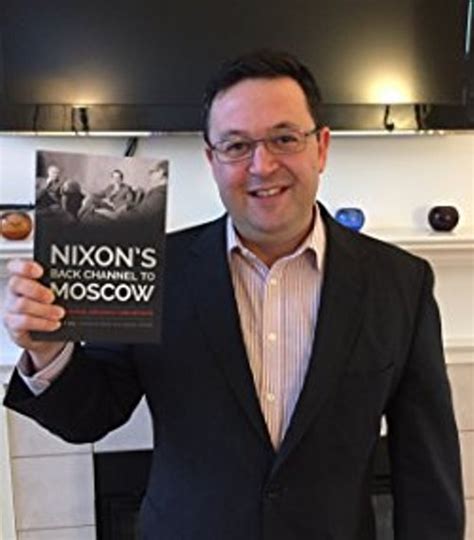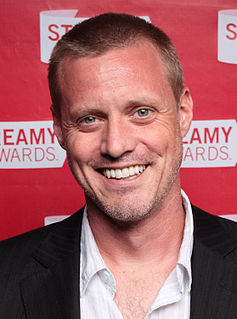A Quote by Robert Sapolsky
For moral judgment, I think the most interesting trends in neuroscience are the ways in which judgments vary as a function of how emotionally salient the situation is.
Related Quotes
A prejudice may be an unreasoned judgment, he [Hibben] pointed out, but an unreasoned judgment is not necessarily an illogical judgment. ... First, there are those judgments whose verification has simply dropped out of memory. ... The second type of unreasoned judgments we hold is the opinions we adopt from others ... The third class of judgments in Professor Hibben's list comprises those which have subconscious origin. The material that furnishes their support does not reach the focal point of consciousness, but psychology insists upon its existence.
The ways in which people are damaged are the ways in which they're strong. It's what makes people interesting - what they've overcome and how, and what they haven't and how that's become a good thing. Almost everyone's life is both a gorgeous story and a tragedy. I think being alive is really, really hard, and I'm constantly stunned and amazed by people who make it interesting and beautiful.
The sad fact is that we're not educated to be aware and therefore able to question the reality created by our thinking. We don't realize that we must take responsibility for our thoughts to find out if they are really true, and then set aside or at least acknowledge those that are simply opinion and bias. We don't recognize that most thoughts are ultimately judgments, and that the truth of any judgment is how that judgment makes us feel.
It seems to me that the moralist is the most useless and contemptible of creatures. He is useless in that he would expend his energies upon making judgments rather than upon gaining knowledge, for the reason that judgment is easy and knowledge is difficult. He is contemptible in that his judgments reflect a vision of himself which in his ignorance and pride he would impose upon the world. I implore you, do not become a moralist; you will destroy your art and your mind.
I'm opposed to the death penalty not because I think it's unconstitutional per se-although I think it's been applied in ways that are unconstitutional-but it really is a moral view, and that is that the taking of life is not the way to handle even the most significant of crimes...Who amongst anyone is not above redemption? I think we have to be careful in executing final judgment. The one thing my faith teaches me-I don't get to play God. I think you are short-cutting the whole process of redemption...I don't want to be the person that stops that process from taking place.
I studied neuroscience at the cellular level, so I was looking at learning and memory in the visual cortex of rats. Neuroscience mainly exposed me to a way of thinking - about experimentation, about what you believe to be true and how you could prove it - and how to approach things in a methodical manner.





































